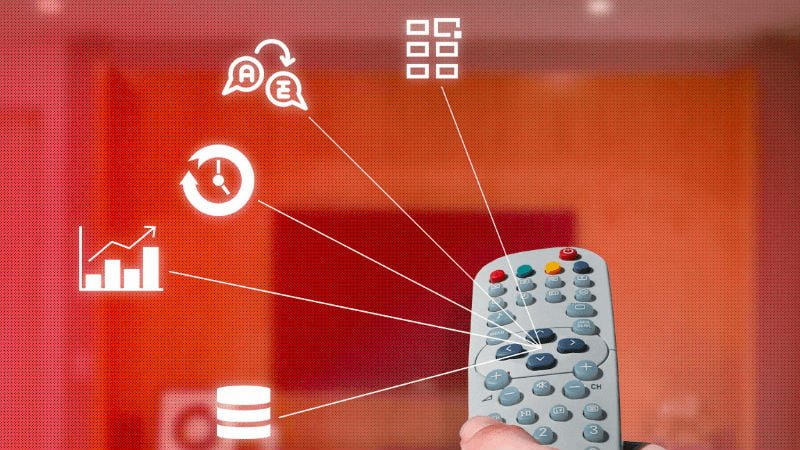Highlights
- The Indian Broadcasting Foundation deems premature intervention in tariff regime as a hurting move
- The IBF says that such a move might hurt the industry even more
There has been a lot of headlines pertaining to the new consultation paper that Trai has floated regarding the correction of the new national tariff order, which the regulator had introduced last year. The consultation paper seeks to invite comments from the industry stakeholders to discuss the issues plaguing the broadcasting and DTH industry. However, as per a new ET report, the Indian Broadcasting Foundation (IBF) that represents television broadcasters has come up with concerns about the new consultation paper. The association concerned majorly about the timing of this consultation paper because it has been a few months only since the industry and consumers alike have migrated to the new tariff regime.

Consumers and Stakeholders Still Adapting to New Tariff Regime
As per the Indian Broadcasting Foundation, the issues with the new tariff regime are very central to the national tariff order (NTO) which Trai implemented on February 1, 2019. The IBF has highlighted that it has been barely a few months since the industry and consumers adopted the new rules and the industry is already adjusting to the new tariff regime. In such a volatile situation, Trai has gone ahead and introduced a consultation paper which proposes a discussion about changes in fundamental pricing and bouquet formation rules which the new tariff regime notes down. The IBF statement read, “This goes against all norms of a stable regulatory regime so necessary for the economic advancement of any industry.”
The IBF also stated that the new tariff regime has massively changed the broadcasting industry, and it has slowly garnered support from the industry stakeholders, the distribution platform operators (DPOs), and the consumers. It also added that the migration to the new regime is being handled pretty smoothly. IBF stated, “Broadcasters have done their best to ensure a smooth transition without a disruption of services. TRAI itself has stated that over 90% of consumers have migrated to the new tariff regime by choosing channels and/or bouquets of their choice,” it further added, “IBF wishes to point out that the cap on bouquet discounts under the NTO was struck down by the Madras High Court as “arbitrary”. Further, the global practice in the television and cable industry is the offering of content in bouquets customised to meet the diverse needs of consumers.”
Discount on Channel Bouquets Becomes Thing of Discussion for Trai
As per IBF, the regulator is proceeding ahead with the new consultation paper on the grounds that the consumers are being denied the fair choice of channels since the channel bouquets come with massive discounts as compared to the individual channels. The association also added that it would be an affront to the consumer intelligence to suggest to them that they make channel choices based purely on prices and not quality. Also, it said that promoting a-la-carte channel selections in India would deny the consumers the choices they would otherwise have especially given India’s diversity.
IBF noted, “Smaller as well as niche content channels will lose out, and their viability will come under question. Broadcasters will be unwilling to launch new channels and producers will be unwilling to experiment with new content. All this will lead to fewer shows being produced which will have a knockdown effect on downstream production and on employment in the sector.”
Lastly, the broadcasting foundation said that the government intervention so early in the implementation of the national tariff order (NTO) is premature, and it hinders the “ease of doing business”. The foundation also urged the regulator to defer any regulatory interventions to give the public more time to adapt to the new framework, and it said that early intervention in the national tariff order might also have dire consequences for the industry.


No comments:
Post a Comment